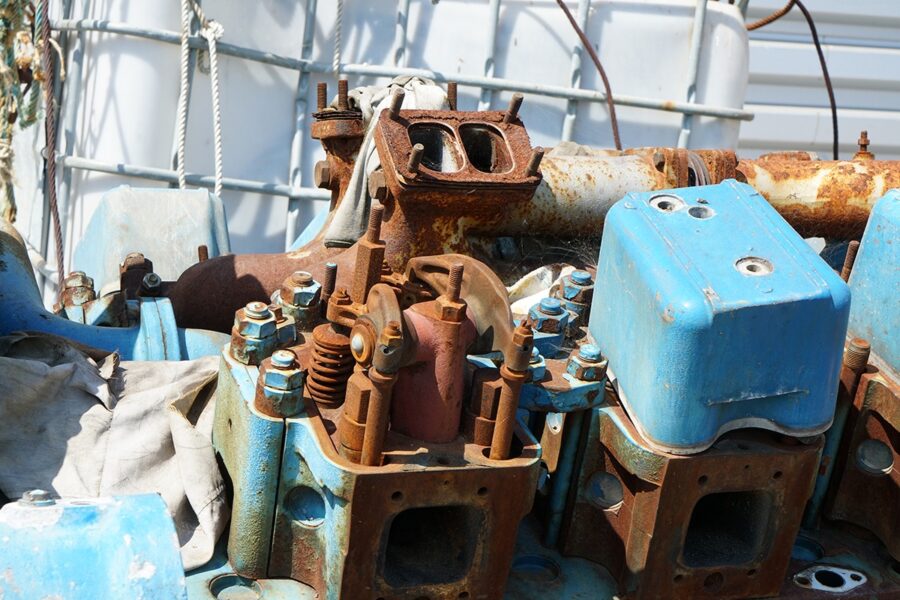The North Western Waters Advisory Council (NWWAC) has told the EU Commission that modern engines have a much lower environmental impact in terms of CO2 emissions because of IMO legislation.
The Commission is seeking feedback on a project looking at ways to reduce the CO2 emissions of fishing vessel engines and how replacement engines will be funded through the current European Maritime, Fisheries and Aquaculture Fund (EMFAF).
The NWWAC says the EU fishing industry has already taken many steps to reduce emissions through more efficient technologies such as the use of cruise control, econometers and specific training for crews. This should be taken into account when establishing reference points when measuring emissions reduction, it says.
The NWWAC also points out that fishing has the lowest carbon footprint of all protein food sources.
Commenting on Commission references to energy-efficient technologies such as hydrogen, ammonia and alternative
fuel, the NWWAC says these technologies are not yet mature, and it is unlikely they will be successfully adapted to work on fishing vessels before the end of the current EMFAF period in 2027.
Raising specific issues, the NWWAC says hydrogen and other new technologies have problems related to storage onboard fishing vessels. They can compromise catch storage, affect EU management in terms of fishing effort, and potentially impact the crew accommodation and ship’s safety areas.
The supply of ‘green’ ammonia as a fuel produced using carbon-neutral methods still needs development, it says. Other challenges include toxicity, corrosiveness, slow ignition, and nitrogen oxide emissions.
Referring to electric engines, the NWWAC says there will be problems in calculating the engine power of an electric motor, and the technology ‘will hardly be available for fishing vessels before 2027’. Only electric/fuel hybridisation seems to be within reach in the short term.
The NWWAC queries why the EU mentions only fuel cells and not also internal combustion, which has been shown to be cheaper.
Also, there is no mention of new zero-carbon vessel propulsion technologies like wind-assisted technology, which can ‘dramatically lower fossil-fuel carbon emissions in the short term and help prepare the industry for a new era of scarce and more expensive future zero-carbon fuels’.
The NWWAC says it is important not to limit the list of alternative technologies to what is now considered to be ‘efficient’ technology. “This list should be left open, to take into account other technologies that are not listed or do not exist today.”
It says any contribution to achieving EU ‘Green Deal’ objectives through investment in energy-efficient technologies should be eligible for EMFAF support, but only when such measures don’t induce overcapacity and overfishing by the EU fleet.
Finally, the NWWAC notes that the policy, as well as international commitments, ‘seem to be framed solely on CO2, but all greenhouse gas emissions should be considered in the transition’.
“We recommend that research is carried out looking at costs for fishing vessels (including small-scale vessels) for the different groups of fuels, including fuels from renewable electricity, biofuels and blue fuels derived from natural gas on land.”
This story was taken from the latest issue of Fishing News. For more up-to-date and in-depth reports on the UK and Irish commercial fishing sector, subscribe to Fishing News here or buy the latest single issue for just £3.30 here.








